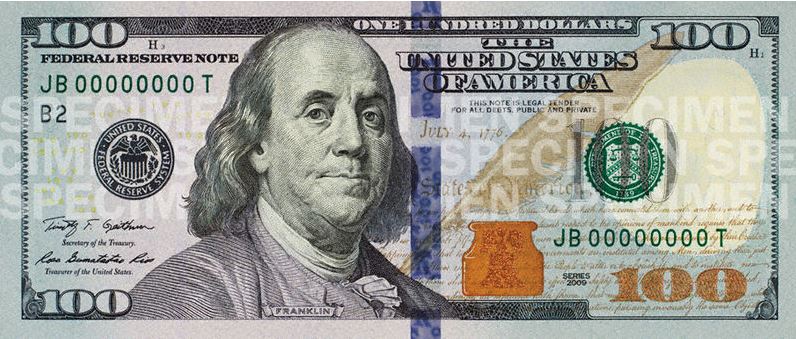The world has started to gang up on China. America’s Defense Department published a report as part of its Annual Report to Congress. In “Military and Security Developments Involving the People’s Republic of China 2013,” officials wrote:
In 2012, numerous computer systems around the world, including those owned by the US government, continued to be targeted for intrusions, some of which appear to be attributable directly to the Chinese government and military.
Further, the analysts said the Chinese effort was to improve the quality and competitiveness of its own military.
Europe, not to be outdone in banging the People’s Republic, hit China on the anticompetitive front. As The Wall Street Journal reported on tariffs on Chinese solar panels:
The European Union is poised to slap import duties on solar-panel equipment made in China, likely sparking one of the largest trade battles of recent decades.
The duties are intended to protect European solar companies reeling from a flood of imported Chinese solar panels. Dozens of European manufacturers have shut production or gone out of business as solar-panel prices have plummeted; the industry says unfairly priced imports from China are the cause.
Although the two actions are not directly related, they do point to the fact that the West has become frustrated enough about China’s illegal activities to begin a series of harsh countermeasures.
Softbank Visits Sprint Shareholders
Softbank is worried enough about the counter bid made by Dish Network Corp. (NASDAQ: DISH) for Sprint Nextel Corp. (NYSE: S) that its founder and chief will visit the United States. It is a trip he did not expect he would ever have to make. Sprint’s board has accepted his bid, but many investors believe the Dish Network offer gives investors a better return. Softbank’s Masayoshi Son has come to beg. Reuters says of the Softbank meeting with Sprint shareholders:
Two big Sprint shareholders, Paulson & Co and Omega Advisors, have publicly said the Dish offer looks better than SoftBank’s.
Son, speaking to reporters at an event unveiling SoftBank’s latest smartphones and mobile gadgets, dismissed suggestions from Dish Network Chairman Charlie Ergen last week that the Dish deal would be good for U.S. jobs, saying Americans would continue to be employed under a Softbank deal.
“The workers who are climbing Sprint’s base stations are Americans and we will not be sending anyone from Japan to do that at all,” said Son, adding that Sprint’s towers would continue to be managed by its own employees as well as workers from telecom equipment vendors Samsung Electronics Co Ltd , Ericsson and Alcatel-Lucent.
Global Markets at Record Highs
Stock markets around the world reached five-year highs. In other words, they are back to where they were before the terrible recession. The difference between now and 2007 is that the world was in an economic expansion then. The same can hardly be said now, with Europe back in recession, along with Japan, probably, and the United States and China facing slowing expansion of their gross domestic products. Reuters reports on the global market highs:
The Nikkei stock average soared 3.7 percent and the MSCI global index, which tracks stocks in 45 countries, rose 0.3 percent, both the highest since June 2008.
European equities also nudged up as trading gathered momentum, bolstered by a crop of better than expected corporate earnings and with the German DAX index closing in on its own record high of 8,151,57 set back in 2007.
Monday’s comments from (ECB President Mario) Draghi that the ECB would cut rates again if needed, including pushing its key deposit rate into negative territory, kept downward pressure on the euro as it hovered little changed on the day at $1.3075.
The prospect of negative euro zone rates continued to underpin the bloc’s bond markets too with the benchmark German Bund a tick lower on the day at 146.15.
The main focus for Asian currency markets was the Reserve Bank of Australia’s policy meeting, at which the bank decided to lower its cash rate by 25 basis points to a record low 2.75 percent.
If the work by central banks does not produce substantial recovery signs, the markets will tumble as fast as they have risen.
Get Ready To Retire (Sponsored)
Start by taking a quick retirement quiz from SmartAsset that will match you with up to 3 financial advisors that serve your area and beyond in 5 minutes, or less.
Each advisor has been vetted by SmartAsset and is held to a fiduciary standard to act in your best interests.
Here’s how it works:
1. Answer SmartAsset advisor match quiz
2. Review your pre-screened matches at your leisure. Check out the advisors’ profiles.
3. Speak with advisors at no cost to you. Have an introductory call on the phone or introduction in person and choose whom to work with in the future
Get started right here.
Thank you for reading! Have some feedback for us?
Contact the 24/7 Wall St. editorial team.




